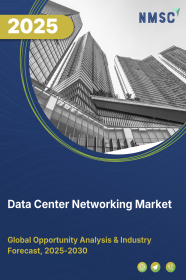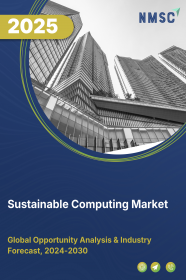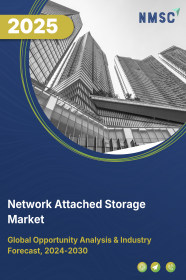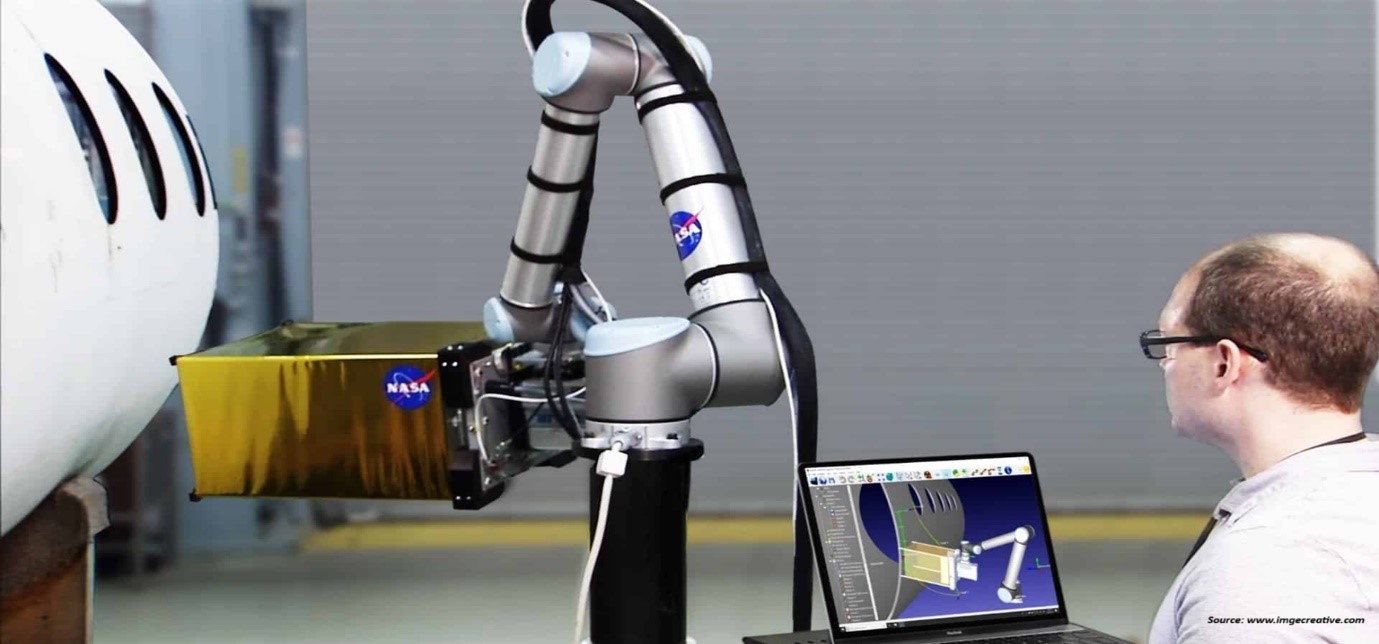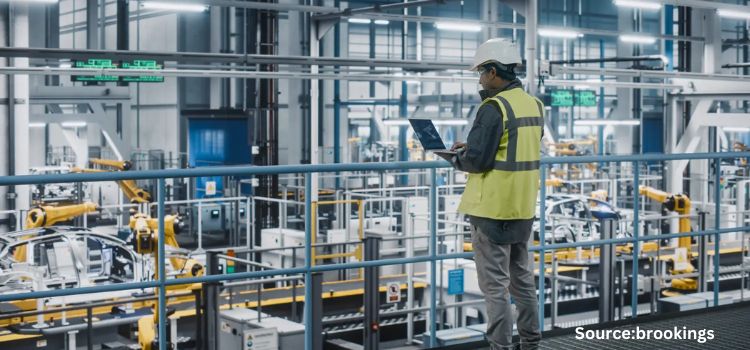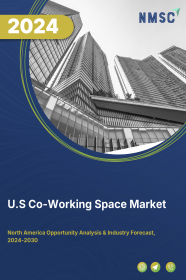
The U.S. Co-Working Space Market by Business Type (Conventional Co-working, Professional Co-working, and Others), by Business Model (Sub-Lease Model, Revenue Sharing Model, and Owner-Operator Model), and by End User (Independent Professionals, Startup Teams, and Small and Medium Sized Enterprises) –Opportunity Analysis and Industry Forecast, 2024–2030
Industry: ICT & Media | Publish Date: 21-May-2025 | No of Pages: 169 | No. of Tables: 132 | No. of Figures: 57 | Format: PDF | Report Code : IC2016
US Tariff Impact on The U.S. Co-Working Space Market
Trump Tariffs Are Reshaping Global Business
Industry Overview
The U.S. Co-Working Space Market size was valued at USD 2.1 billion in 2023, and is predicted to reach USD 7.1 billion by 2030, at a CAGR of 18.7% from 2024 to 2030. Co-working space represents a dynamic and adaptable solution to the evolving needs of businesses. These shared work environments offer flexibility in lease terms and space requirements, appealing particularly to startups and small enterprises seeking to avoid the upfront costs associated with traditional offices. The communal atmosphere encourages networking and collaboration among professionals from diverse fields, fostering innovation and creativity.
Equipped with modern amenities and strategically located, managed workspaces provide cost-effective, scalable, and accessible alternatives for companies seeking a central presence without the constraints of long-term leases. The industry has experienced significant growth as businesses recognize the benefits of this model, embracing the collaborative opportunities and resource-sharing inherent in co-working spaces.
Increasing Demand for Flexible Working Arrangements Drives the U.S. Co-Working Space Market Growth
The surge in demand for flexible working arrangements, including coworking spaces, serves as a pivotal driver of market growth in the U.S. According to Gitnuz Organization, the number of flexible workspaces in the U.S. skyrocketed from just 22 in 2007 to an impressive 4,528 in 2018. American workers now represent 45% of the global coworking industry, highlighting the significant presence of coworking spaces in the U.S.
Moreover, the rapid expansion of the co-working space market in the U.S. is evident in the staggering growth of available spaces. In 2017, there were approximately 4,000 co-working spaces in the country. By 2022, this number had surged to over 6,200, reflecting a remarkable 55% growth in just five years.
Rising Startups and Freelancers in the Region Propel the U.S. Co-Working Space Market Demand
The increasing popularity of flexible workspaces in the U.S. is further propelled by the rising number of startups and freelancers. As the birthplace of some of the world's most successful startups, including SpaceX, Instagram, and Airbnb, the U.S. continues to foster a vibrant entrepreneurial ecosystem. Additionally, a U.S. Bureau of Labor Statistics study predicts that 50% of the American workforce will be freelancing by 2027, further driving the demand for WaaS solutions. This growth in startups and freelancers has led to the emergence of significant coworking chains such as WeWork, Impact Hub, Alley, and District Cowork, which create shared spaces in multiple locations across major cities, catering to the diverse needs of entrepreneurs, freelancers, and small businesses.
Increasing Cybersecurity Challenges Pose a Hindrance to the U.S. Co-Working Space Market Expansion
The cybersecurity challenge poses a significant hurdle to the widespread adoption of managed workspaces, especially for businesses handling sensitive data. These collaborative work environments, relying on shared technology infrastructure, are vulnerable to security breaches that may lead to unauthorized access and data exposure. This concern is particularly crucial for firms entrusted with protecting client confidentiality and proprietary information. The communal nature of coworking spaces amplifies risks associated with network security, physical access, and device vulnerabilities, prompting apprehensions among businesses regarding the protection of sensitive information.
The Integration of Augmented Reality (AR) and Virtual Reality (VR) Creates Future Opportunities for the Market
The incorporation of Augmented Reality (AR) and Virtual Reality (VR) into shared offices is positioned to unlock a plethora of growth opportunities for the U.S. co-working space market trends. These immersive technologies are poised to redefine the experience of remote collaboration, enabling active participation in virtual meetings, collaborative projects, and training sessions with an enhanced sense of physical presence. By overcoming geographical barriers and enriching the interactive aspect of remote work, AR and VR are expected to elevate the appeal of urban coworking hubs equipped with these technologies.
For example, in May 2023, Sightful, a Tel Aviv-based company, introduced Spacetop, the world's leading AR laptop, securing USD 61 million in funding from investors such as Aleph and Corner Ventures. Spacetop seamlessly integrates reality with AR, providing an advanced personal computing experience that surpasses the limitations of traditional laptops, thus revolutionizing the landscape of coworking and remote collaboration. This integration is poised to attract a broader audience seeking innovative and technologically advanced solutions, thereby making a significant contribution to the expansion and advancement of the U.S. co-working space market share.
Competitive Landscape
The U.S. co-working space industry comprises of various companies including Regus Group Companies, TechSpace Inc, Knotel Inc, SimplyWork, Talent Garden S P A, Premier Workspaces, KR Space, Convene, Servcorp Limited, WeWork Management LLC, The Office Group Ltd., Industrious LLC, Ucommune (Beijing) Venture Capital Co., Ltd., LiquidSpace Inc., Awfis Space Solutions Pvt Ltd., Impact Hub GmbH, Newmark Group, Inc., Soho China Ltd., Serendipity Labs, India Accelerator, and others.
The U.S Co-Working Space Market Key Segments
By Business Type
-
Conventional Co-working
-
Professional Co-working
-
Others
By Business Model
-
Sub-Lease Model
-
Revenue Sharing Model
-
Owner-Operator Model
By End User
-
Independent Professionals
-
Startup Teams
-
Small and Medium Sized Enterprises
Key Players
-
TechSpace Inc
-
Knotel Inc
-
SimplyWork
-
Talent Garden S P A
-
Premier Workspaces
-
KR Space
-
Convene
-
Servcorp Limited
-
WeWork Management LLC
-
The Office Group Ltd.
-
Industrious LLC
-
Ucommune (Beijing) Venture Capital Co., Ltd.
-
LiquidSpace Inc.
-
Awfis Space Solutions Pvt Ltd.
-
Newmark Group, Inc.
-
Soho China Ltd.
-
Serendipity Labs
-
India Accelerator
REPORT SCOPE AND SEGMENTATION:
|
Parameters |
Details |
|
Market Size in 2023 |
USD 2.1 Billion |
|
Revenue Forecast in 2030 |
USD 7.1 Billion |
|
Growth Rate |
CAGR of 18.7% from 2024 to 2030 |
|
Analysis Period |
2023–2030 |
|
Base Year Considered |
2023 |
|
Forecast Period |
2024–2030 |
|
Market Size Estimation |
Billion (USD) |
|
Growth Factors |
|
|
Companies Profiled |
20 |
|
Market Share |
Available for 10 companies |
|
Customization Scope |
Free customization (equivalent up to 80 working hours of analysts) after purchase. Addition or alteration to country, regional, and segment scope. |
|
Pricing and Purchase Options |
Avail customized purchase options to meet your exact research needs. |

















 Speak to Our Analyst
Speak to Our Analyst



